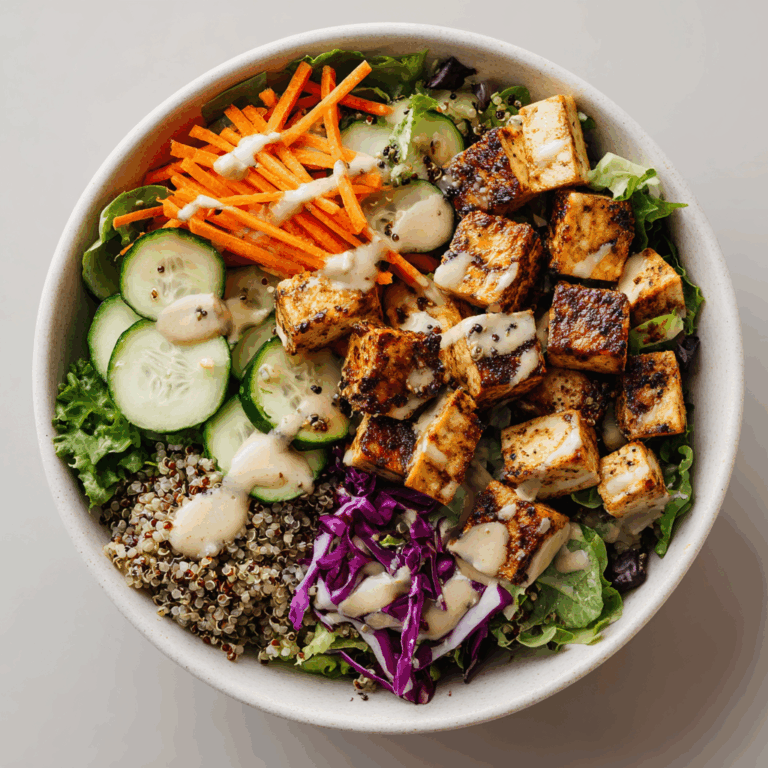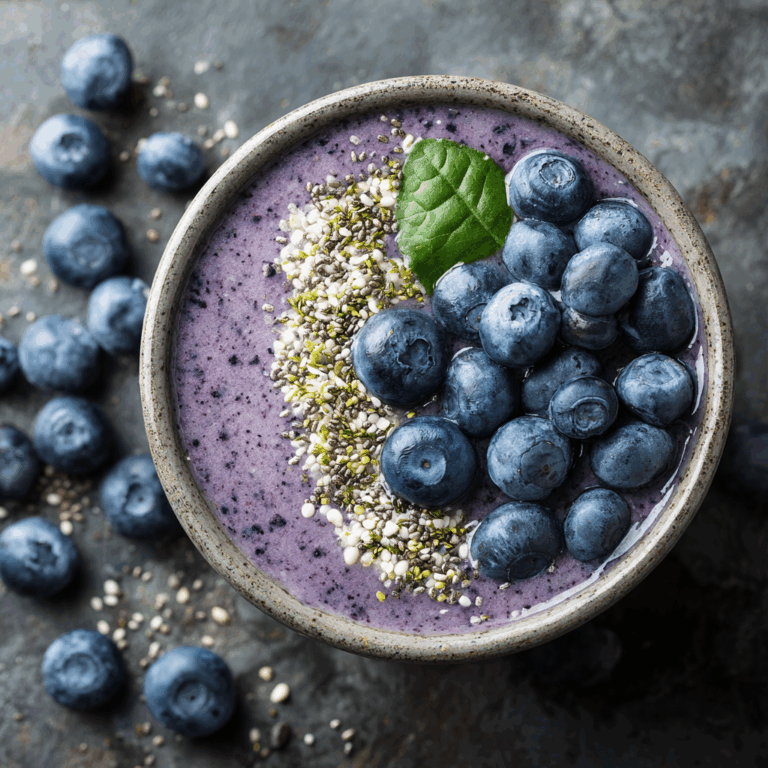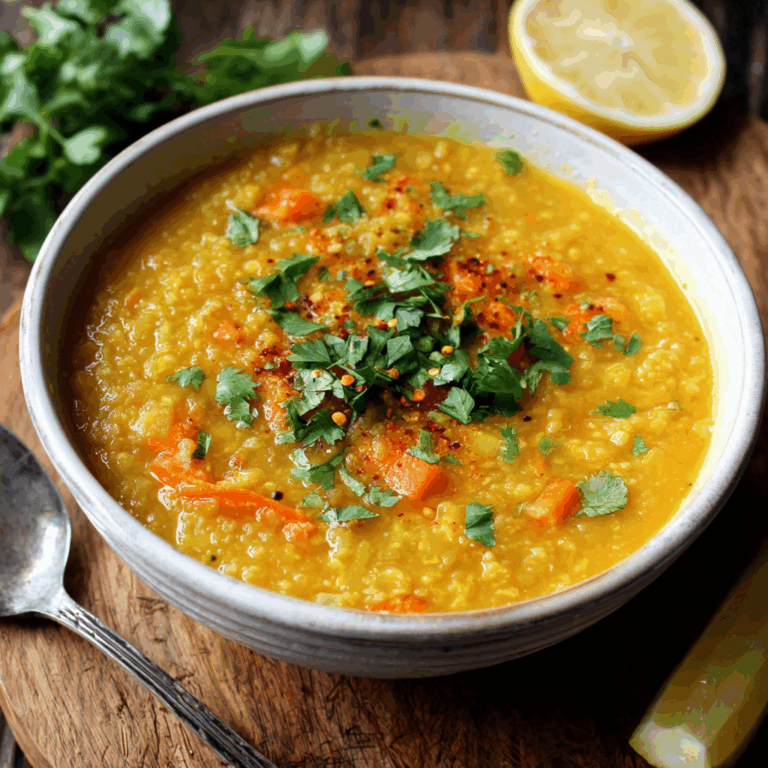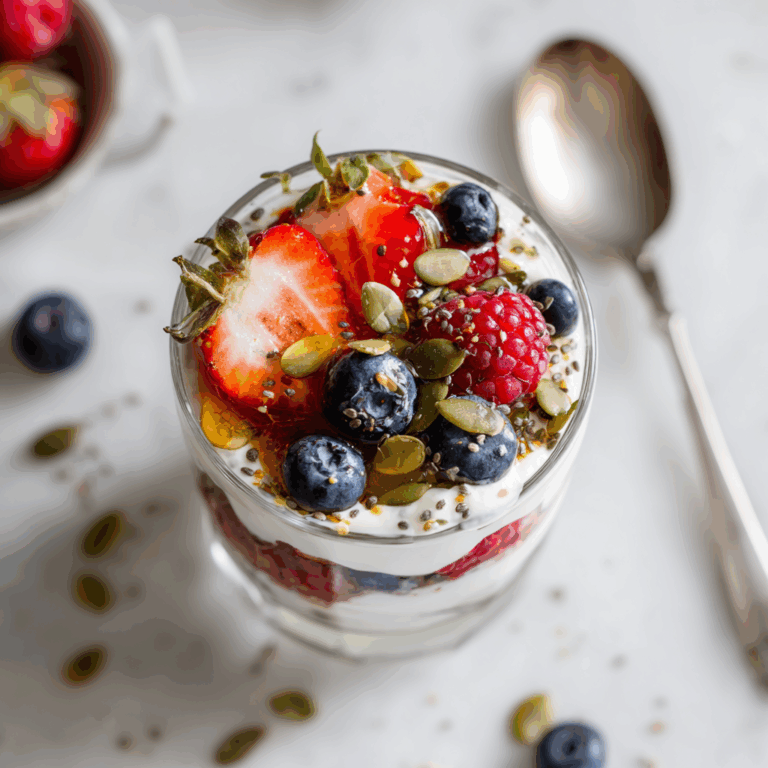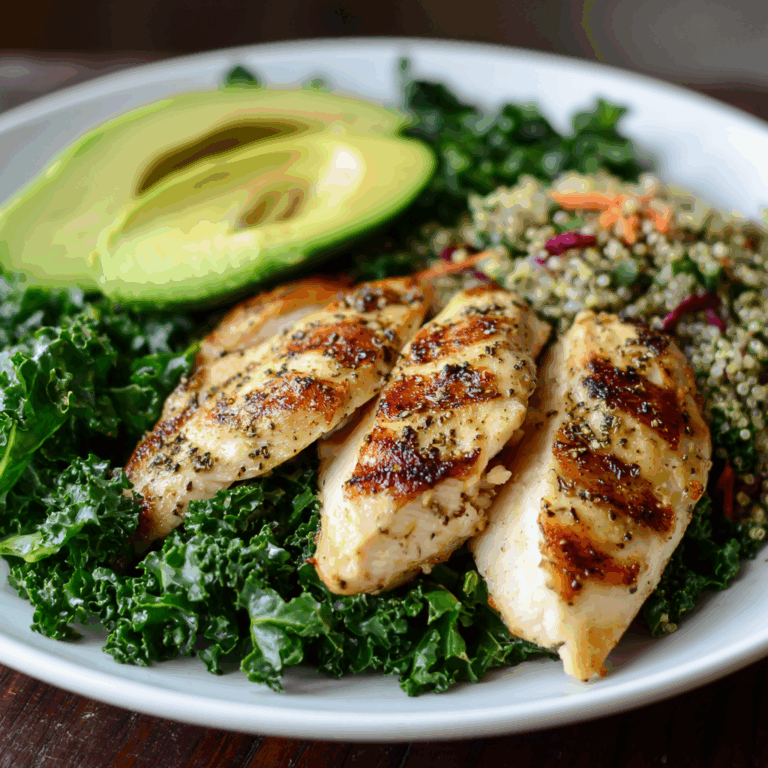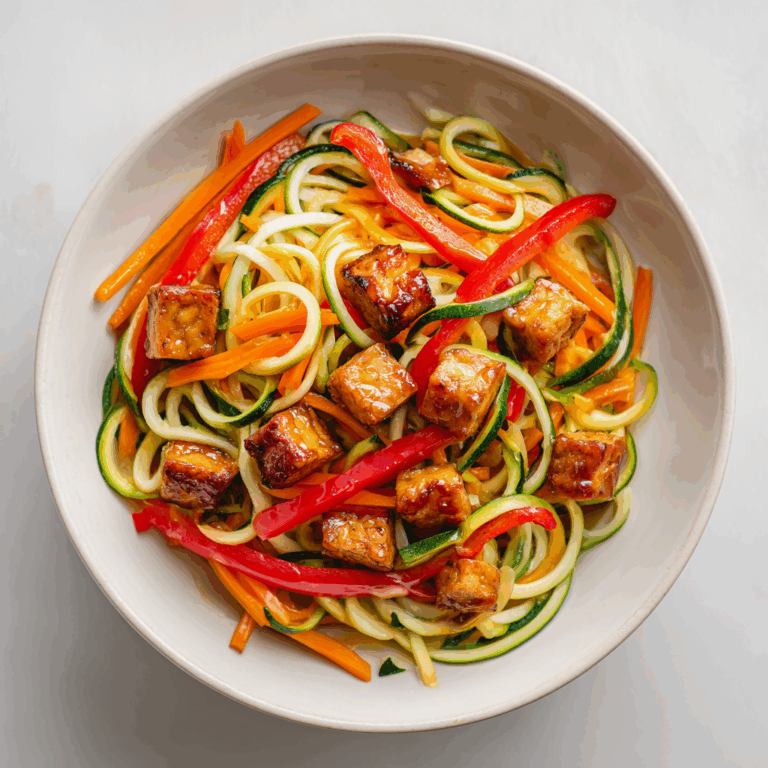This hormone balancing Pad Thai recipe is a nourishing, grain-free twist on the classic dish — made with spaghetti squash instead of noodles, and a creamy sunflower seed sauce that supports hormonal and inflammatory health. It’s perfect for anyone following a PCOS-friendly or anti-inflammatory eating plan. Unlike traditional noodle dishes, this hormone balancing Pad Thai recipe keeps your blood sugar steady and your hormones happy.
Yields:
3 Servings
Prep time:
15 mins
Total time:
55 mins
Ingredients for Hormone-Balancing Pad Thai
“Noodles”
- 1 medium spaghetti squash, halved and seeds removed
- 1 tbsp olive oil
- Salt and pepper to taste
Stir-Fry
- 1 tbsp olive oil or avocado oil
- 1 cup shredded carrots
- 1 cup snap peas or zucchini strips
- 2 cloves garlic, minced (or garlic-infused oil for sensitive digestion)
- 2 eggs, beaten (optional, for protein)
- 2 green onions (green tops only for low-FODMAP)
Sunflower Seed Sauce
- ¼ cup sunflower seed butter
- 1 tbsp tamari (gluten-free soy sauce)
- 1 tbsp lime juice (omit if GERD-sensitive)
- 1 tsp maple syrup
- 1 tsp grated ginger
- 2–3 tbsp warm water, to thin
How to Make This Hormone-Friendly Pad Thai Recipe
- Roast the squash
First, preheat your oven to 400°F (200°C). Rub the squash halves with olive oil, season lightly with salt and pepper, and place them cut-side down on a baking sheet. Roast for 35–40 minutes, or until the flesh is tender. Once cooled slightly, use a fork to shred the flesh into spaghetti-like strands. - Make the sauce
Meanwhile, in a small bowl, whisk together the sunflower seed butter, tamari, lime juice, maple syrup, ginger, and a splash of warm water. Continue whisking until the mixture is smooth and pourable. If needed, add more water to thin to your desired consistency. - Stir-fry the veggies
Next, heat oil in a large skillet or wok over medium heat. Add the garlic, shredded carrots, and snap peas (or zucchini). Sauté for 3–4 minutes, stirring occasionally to prevent burning. If you’re including eggs, push the veggies aside and scramble them in the same pan until cooked through. - Assemble the dish
Add spaghetti squash noodles to the pan. Pour in sauce and toss everything to combine and warm through. Top with green onions and extra sunflower seeds if desired.
Nutrient Highlights
| Ingredient | Benefits | Notes |
|---|---|---|
| Spaghetti Squash | Grain-free, high in fiber & antioxidants | Great low-glycemic noodle alternative |
| Sunflower Seed Butter | Hormone-friendly fats + vitamin E | Nut-free, seed-based option |
| Eggs (optional) | Protein + choline for liver/hormone support | Can omit for vegan |
| Ginger & Garlic | Anti-inflammatory + gut-supportive | Use infused oil if sensitive |
| Tamari | Gluten-free umami | Use low-sodium for salt-sensitive diets |
Serving Suggestions
- Top with toasted sunflower seeds for crunch
- Add a squeeze of lime and fresh cilantro for brightness
- Serve alongside miso soup or a cucumber salad
- Bulk it up with tofu, shrimp, or chicken for extra protein
Why You’ll Love It
- Grain-free, nut-free, and dairy-free
- Packed with fiber, hormone-friendly fats, and plant-based nutrients
- Naturally gluten-free and low-FODMAP adaptable
- Comforting, flavorful, and great for gut health
- Ideal for cycle-syncing, especially during the follicular or luteal phase
Why This Pad Thai Is Great for Hormone Balance
This nourishing, plant-powered Pad Thai is designed to support hormonal balance, especially during the follicular phase of the menstrual cycle. Spaghetti squash serves as a grain-free, low-glycemic alternative to traditional noodles — making it an excellent choice for those managing PCOS or blood sugar sensitivity.
Learn more about Nutrition for PCOS →
The creamy sunflower seed sauce isn’t just delicious — it’s rich in vitamin E and lignans, compounds shown to support estrogen metabolism and hormonal harmony.
See research on lignans and hormonal health – PubMed →
This recipe is also part of our broader Hormone-Balancing Recipes → collection and fits well within an anti-inflammatory eating approach →, helping to reduce symptoms related to chronic inflammation.
Curious how foods like squash, seeds, and ginger impact hormonal and immune health?
Explore our full guide: Eating for Menstrual Health →


